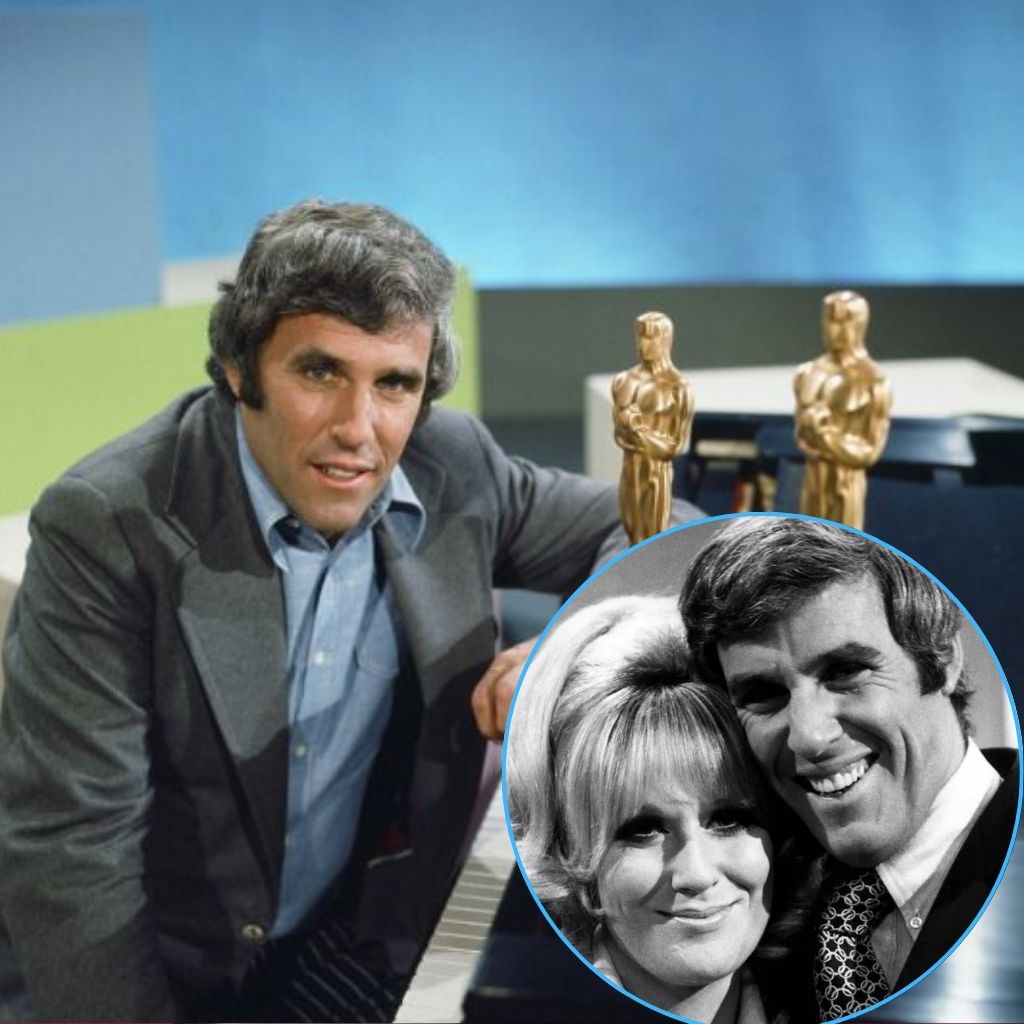
A Timeless Plea for Love in a Hurried World
As the sun sets on another busy day, many of us, myself included, often find ourselves drifting back to simpler times, to melodies that echoed the sentiments of an era yearning for something more profound. And among those enduring tunes, few resonate with quite the same quiet power as Burt Bacharach‘s “What the World Needs Now Is Love.” This wasn’t just a song; it was a hopeful whisper, a gentle anthem that captured the collective longing for compassion in a world grappling with momentous change. Released in 1965, at a time of escalating social and political upheaval, its message struck a chord so deep that it soared to number seven on the Billboard Hot 100, becoming an undeniable staple of the American musical landscape.
The genius behind this enduring classic, Burt Bacharach, alongside his lyrical counterpart, Hal David, had an unparalleled knack for crafting sophisticated yet emotionally direct songs. They were architects of an entire sonic universe, characterized by their unconventional time signatures, lush orchestrations, and melodies that seemed to float effortlessly, carrying profound truths on their silken wings. “What the World Needs Now Is Love” was initially offered to Dionne Warwick, the muse for so many of Bacharach and David’s masterpieces. However, as fate would have it, Warwick reportedly turned it down, deeming it too simplistic for her complex vocal stylings. It was then picked up by Jackie DeShannon, a singer with a voice that, while different from Warwick’s, possessed a raw vulnerability and heartfelt sincerity that perfectly suited the song’s earnest plea. DeShannon’s rendition, released on her album Are You Ready for This?, imbued the lyrics with an authentic yearning that cemented its place in our hearts.
The story behind its creation is as poignant as the song itself. Hal David, known for his ability to distill complex emotions into deceptively simple words, penned the lyrics from a place of genuine concern for humanity. It wasn’t a protest song in the traditional sense, but rather a universal prayer, a humble declaration that despite all our advancements, all our struggles, and all our differences, the most fundamental human need remained constant: love. It speaks of the absence of understanding, the scarcity of empathy, and the pervasive feeling that something essential was missing from our collective experience. The lines “Lord, we don’t need another mountain, there are mountains and hillsides enough to climb” beautifully articulate the idea that material gains and grand achievements pale in comparison to the spiritual and emotional nourishment that only love can provide. It’s a gentle chiding, a reminder that we often chase after tangible things, forgetting the intangible yet infinitely more valuable currency of kindness and connection.
For those of us who lived through the tumultuous 1960s, “What the World Needs Now Is Love” became an unofficial soundtrack to a generation striving for peace and understanding amidst the Vietnam War, civil rights struggles, and the burgeoning counterculture. It wasn’t naive optimism, but rather a hopeful realism, acknowledging the difficulties while steadfastly pointing towards the ultimate solution. It resonated with the ideals of flower power, yet it transcended any specific movement, speaking to the timeless human condition. Listening to it now, decades later, the message feels just as urgent, perhaps even more so. In an age of increasing polarization and digital disconnect, the simple, profound truth that “what the world needs now is love, sweet love, it’s the only thing that there’s just too little of” echoes with a poignant familiarity. It’s a comforting embrace, a sonic reminder that despite the cynicism and complexities of modern life, the purest and most powerful force remains unwavering. It’s a song that invites us to pause, to reflect, and to remember the enduring power of compassion in a world that, then as now, desperately needs it.